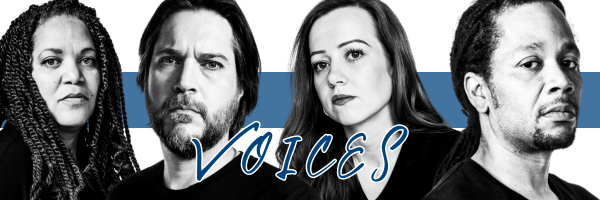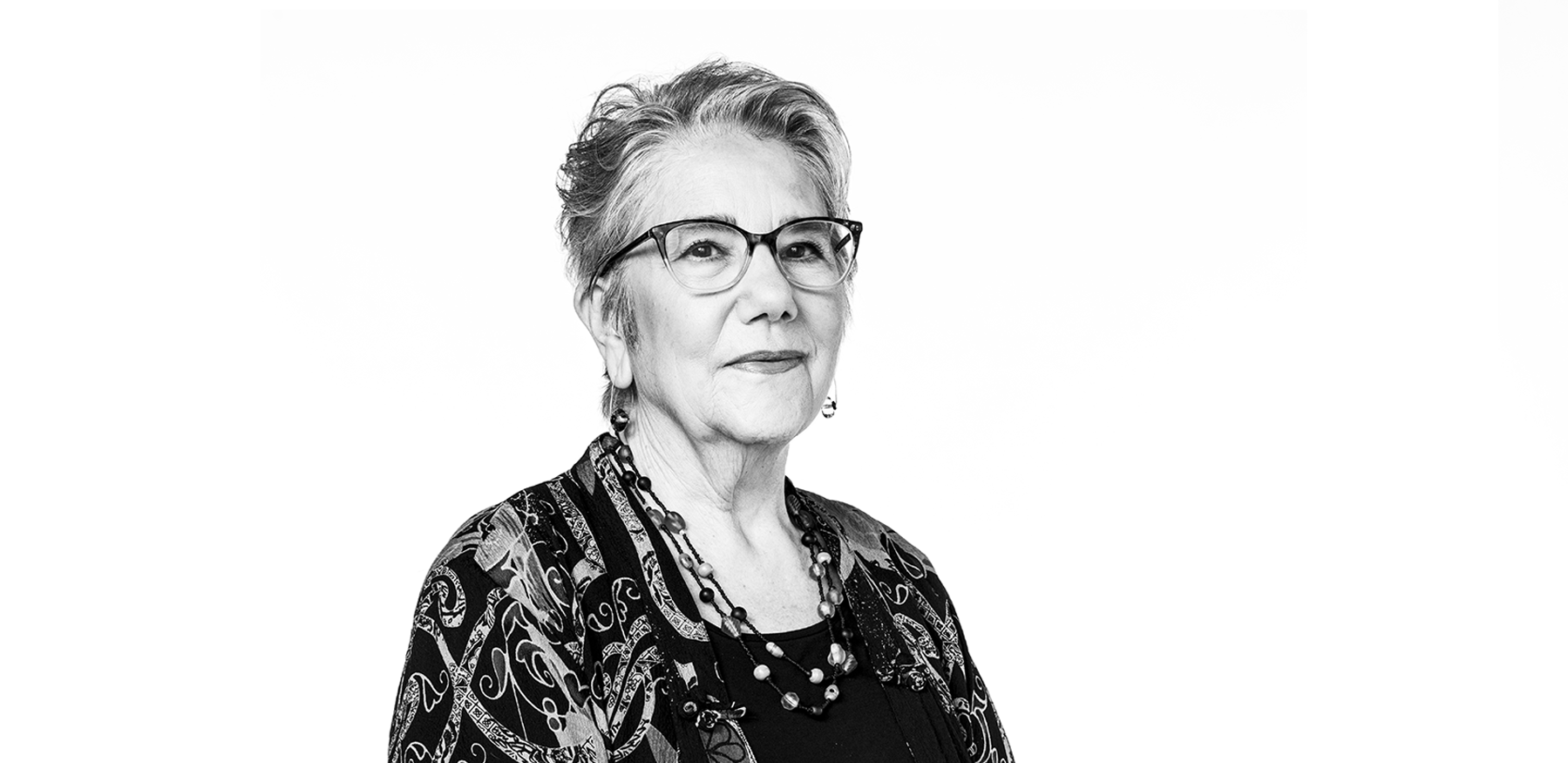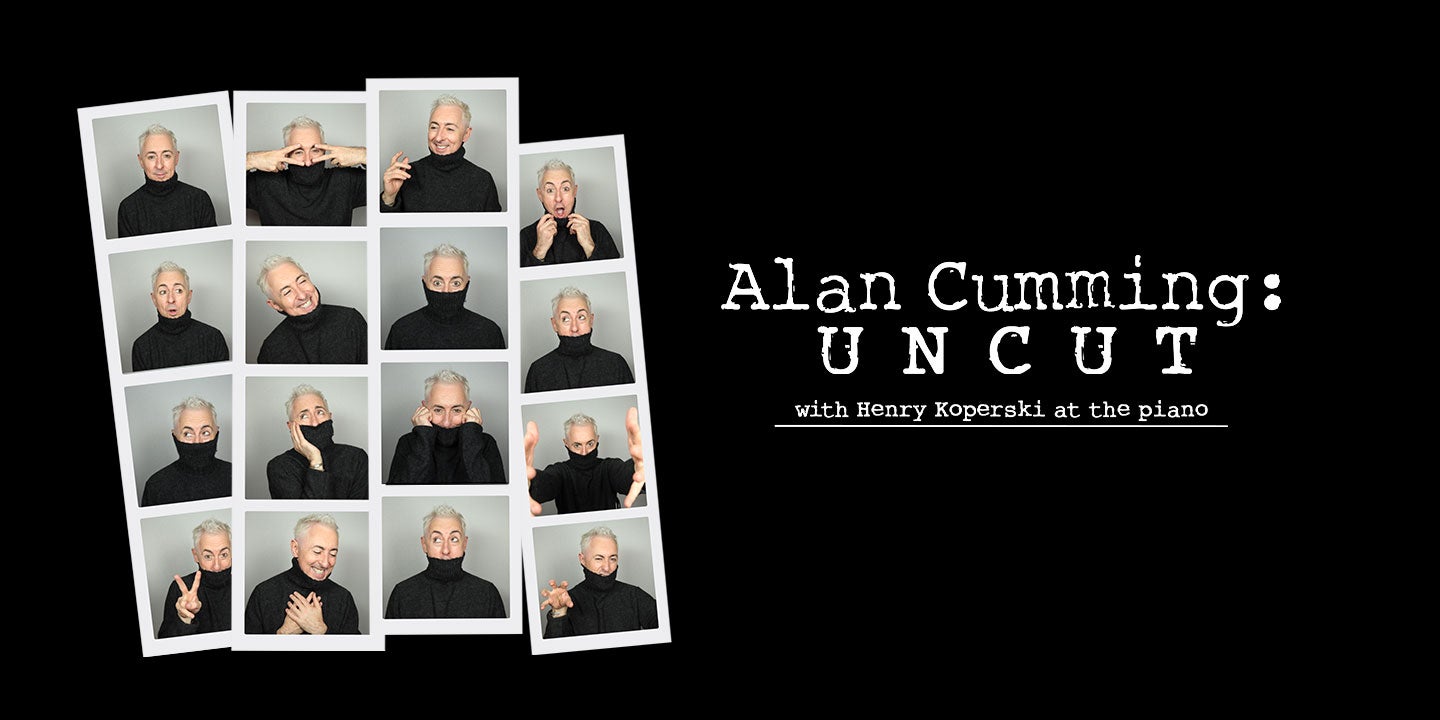I was first introduced to circumcision and became aware that it happened to me when I was almost eleven years old. Immediately, it bothered me that someone changed something about my penis when I was a baby and could not give my permission. I rediscovered the topic years later when I found material on the internet that talked about the horrors of infant circumcision, its impact on sexual pleasure, and its human rights implications.
I feel betrayed by the doctor who mutilated my penis when I was a helpless newborn.
I want to feel complete, and that means living with the genitals I was born with. I shouldn’t have to settle for anything less. No one had the right to take that from me. At twenty years old, I cannot escape this obsessive epiphany.
Circumcision is a lifelong intrusion on my body and an imposition on my sexuality. My foreskin is a permanent loss which I will always grieve. I deal with feelings of brokenness and inadequacy, and I am jealous of those who were fortunate enough to have been spared this disfiguring surgery. Circumcision harmed my body image by limiting my capacity for sexual, emotional and aesthetic satisfaction. My genitals are tainted with feelings of grief, anger, and despair. The missing foreskin and the physical scar on my penis are daily reminders. The mental scar is not as outwardly apparent; yet both will stay with me for the rest of my life.
I cannot see myself other than as being mutilated. The erogenous tissue and its nerve endings will never come back. My sensitive frenar band is almost completely missing. My glans is keratinised and desensitised because my foreskin’s is not there to protect it. Circumcision has created an unnatural need for artificial lubricant. I am not the same person I would have been had my genitals not been cut.
I feel betrayed by the institutions that had a responsibility to protect me. North American regulatory bodies have staved off recognition of the harms of circumcision and the truth about the culturally-biased policies that perpetuate it. Honesty about the problems of neonatal circumcision could threaten the credibility of the medical establishment, by exposing its systemic wrongdoing, the false rationales promoting circumcision, and the stubborn tenacity of the practice that has harmed so many.
The trauma flowing from my forced circumcision has resulted in anxiety, unspecified obsessive-compulsive disorder, post-traumatic stress, and an eating disorder. Obsession and rumination about circumcision causes me uneasiness, intrusive thoughts, irritability, and insomnia. I have an intense discomfort and sensitivity regarding the subject of circumcision, yet I can’t stop thinking about it. It’s a problem I cannot fix and it doesn’t fade over time: every time I look down, the circumcision scar is still there and it will never go away.
Regardless of whether a given individual realizes it, the physical harms occur to everyone who is forcibly circumcised as an infant. The psychological harm, though, becomes apparent under certain conditions, depending on the information received and individual’s specific personality traits. For me, perhaps the traits that amplify the intensity of the psychological harm caused by my genital cutting include my pensive and sensitive nature; my concern about injustice; my tendency to feel strongly about sensitive issues; and my perfectionistic disposition. But the problem is not my personality—the problem is what happened to me. The cause of my pain is the injury inflicted on me as a child. From a legal perspective, perpetrators of an assault must “take their victims as they find them”. It is the harmful action, after all, that causes the damage.
A few things help me to cope. I started seeing a counsellor who has understands the harms of genital cutting and is working with me to find healing strategies. I also began seeing a psychiatrist, who has prescribed an anti-anxiety medication that lowers the intensity of my obsessive thoughts and helps me feel less overwhelmed about the problem. It also has been immensely helpful to have a network of trusted friends and intactivists on whom I can lean. Activism is an important avenue of my healing. I speak out about male genital cutting to inform laypeople and the medical community and raise awareness about this medical malpractice.
I filed a complaint with the College of Physicians and Surgeons of Ontario directed at the doctor who mutilated me, outlining the harms, rights violations, and lack of consent associated with my circumcision. I was met with a lazy dismissal and an ignorance of the problems I presented. The Inquiries Complaints and Reports Committee avoided addressing the harms, ethical problems, and lack of consent on both personal and systemic levels. They relied on fallacious reasoning and deflections, defending circumcision because it is “accepted by many”. The Committee claimed that it satisfies the “standard of care” even though it is absurd to describe forced genital cutting as “care,”. The CPSO is unprepared to face the ugly truth. Instead, it tacitly approves and enables the practice while avoiding accountability.
The complaint process was worth it, however. Every complaint matters in the fight for bodily integrity for all. I am escalating my complaint to the Health Professions Appeal and Review Board. I don’t expect responsiveness, yet I will do my best to confront them with the necessity of decisive action. I also plan to approach the Ontario Human Rights Commission and the Royal College of Physicians and Surgeons of Canada about infant genital cutting in Canada.
Finally, I have initiated a lawsuit against the doctor and hospital responsible for my mutilation. It will be a long, uphill battle but I have confidence in the merits of my case and my quest for justice. I am glad for the opportunity to demonstrate to the Canadian court that infant male genital cutting is a rights violation and that doctors should be held accountable for performing harmful, unnecessary surgeries on children and took seriously their obligation to act only in the best interests of their infant patients.
Readers wishing to know more about A.L.’s pursuit of institutional and legal remedies may contact him at [email protected].
Interested in lending your voice? Send us an email, giving us a brief summary of what you would like to write about, and we will get back to you.



